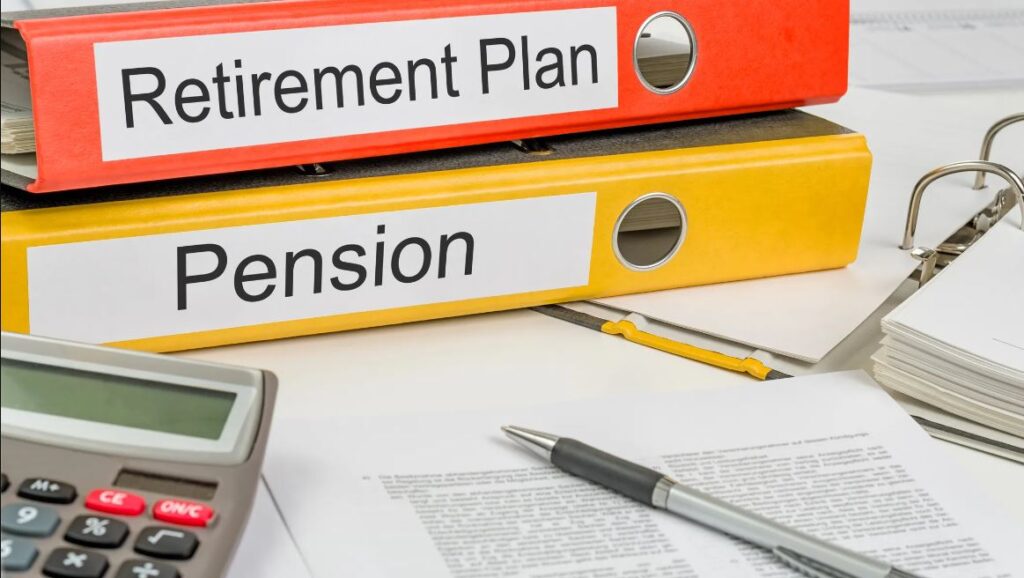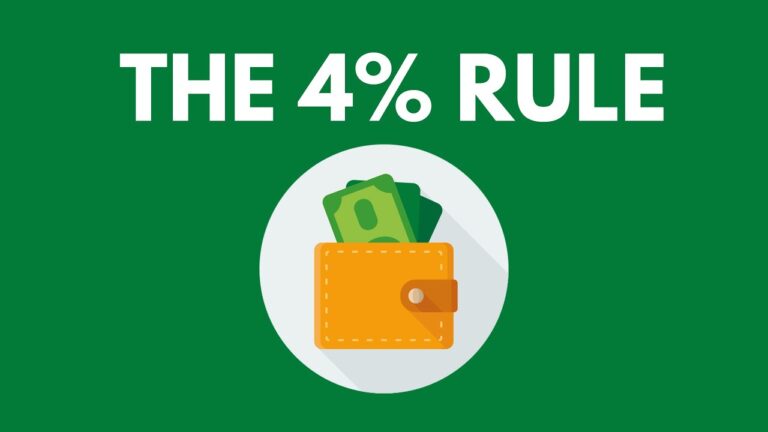Stages of Retirement Planning
It is an obvious fact that retirement financial planning takes time to implement. For effectiveness, these plans have to be implemented at various stages.
Here are some tips for successful retirement planning at various phases of your life.
Early Adulthood (Ages 21–35)
Adults may not have a lot of money to invest, but they do have time to let assets mature, which is an important and useful component of retirement finance planning. This is due to the compound interest principle.
Compound interest permits money to earn money, and the longer time you have, the more money you will earn. Even if you can just save $50 per month, it will be worth three times more if you start saving at age 25 than if you wait until age 45, thanks to the wonders of compounding.
You may be able to invest more money in the future, but you will never be able to compensate for the time lost. True, you may not like the idea of a retirement planner at this time, but you can maneuver your way using a retirement planning calculator.
Remember that several government departments and military services provide thrift savings schemes. You can use these schemes to implement any retirement planning strategy at your level.

Midlife (Ages 36–50)
Mortgages, student debts, insurance premiums, and credit card debt are common financial stresses in early middle age. However, at this stage of retirement planning, it is vital to continue saving. Your retirement planner should hint that your combination of earning more money and having more time to invest and earn interest makes these years ideal for aggressive saving.
People in this stage of retirement planning should continue to participate in any superannuation matching schemes offered by their employment. They should also aim to contribute as much as possible to Roth IRA (you can have both at the same time). Consider a standard IRA if you are not eligible for a Roth IRA.
Some employer-sponsored retirement plans include a Roth option for saving after-tax retirement contributions. You are limited to the same annual maximum as a Roth IRA, but there are no income restrictions.
Finally, don’t overlook life and disability insurance. You and your retirement planner should ensure that your family would be able to survive financially if something were to happen to you.
Later in Life (Ages 50–65)
Your investing accounts should become more conservative as you get older, and this is where an active retirement planner comes in. While time is running out for those at this point of retirement planning to save, there are a few benefits.
A higher salary, as well as the possibility of having some of the aforementioned expenses (mortgages, school loans, credit card debt, etc.) paid off by this time, can provide you with additional spare money to invest.
Consider additional forms of investing to supplement your retirement savings if you have exhausted your tax-advantaged retirement savings options. Certificates of deposit (CDs), blue-chip stocks, or some real estate assets (such as a vacation property that you rent out) may be relatively risk-free ways to supplement your nest egg.
You can also obtain a notion of what your Social Security payments will be and when it makes sense to begin receiving them. Early benefit eligibility begins at age 62, but full benefit eligibility begins at age 66.12
This is also the time to consider long-term care insurance, which will assist cover the costs of a nursing home or home care if you require it in your later years. If you don’t plan ahead of time for healthcare costs, especially unexpected ones, they can deplete your finances. Therefore, your retirement planning strategy must be all-encompassing.
Other Retirement Planning Considerations
Retirement planning entails far more than simply determining how much you will save and how much you will require. It considers your entire financial situation, which a retirement planner must consider. Some of these include;
- Estate Administration
What happens to your assets when you die is addressed in your estate plan. It should include a will outlining your intentions, but even before that, you should set up a trust or employ another technique to shelter as much of it as possible from inheritance taxes.
- Your Residence
One of the single most valuable things most Australians hold is their home. What role does this play in your retirement planning? A house was originally considered an asset, but after the housing market meltdown, retirement planners perceive it as less of an asset than they did previously. Some homeowners are now retiring in mortgage debt rather than well above water.

When you retire, you must decide whether or not to sell your home. If you still reside in the house where you raised numerous children, it may be larger than you need, and the costs associated with keeping it may be enormous. Your retirement finance plan should include an objective assessment of your home and recommendations on what to do with it.
- Tax Effectiveness
Taxes become a major issue once you reach retirement age and begin getting distributions. The majority of your retirement savings are subject to ordinary income tax. That means you might pay up to 37% in taxes on any money you withdraw from a standard IRA. That is why it is critical to consider a Roth IRA, as it allows you to pay taxes upfront rather than at the time of withdrawal.
If you anticipate you will generate more money later in life, a Roth conversion may make sense. Such tax implications can be worked out with the assistance of an accountant or retirement financial planner.
- Insurance
Protecting your assets is an important factor that your retirement planner should consider. As you get older, your medical costs rise, and you’ll have to negotiate the often-complicated healthcare insurance system. Many consumers believe that traditional healthcare insurance does not give adequate coverage. Life insurance and long-term care insurance are also options to consider.
- Annuity
An annuity is another type of policy offered by an insurance firm. An annuity is similar to a pension. You deposit money with an insurance company, which then pays you a specified monthly amount. There are numerous annuity alternatives and factors to consider when considering if an annuity is best for you. However, the result from a retirement planning calculator should influence this choice.
Summary
Effectiveness in your retirement financial planning depends a lot on the timeliness of the application of these plans throughout your active days. This post has outlined a guide to a successful retirement plan. You can improve the chances of success with this plan by having a retirement planner help out. Our retirement planners will help you implement these and more specific plans to assure you a comfortable life after work. Why not get in touch today?


